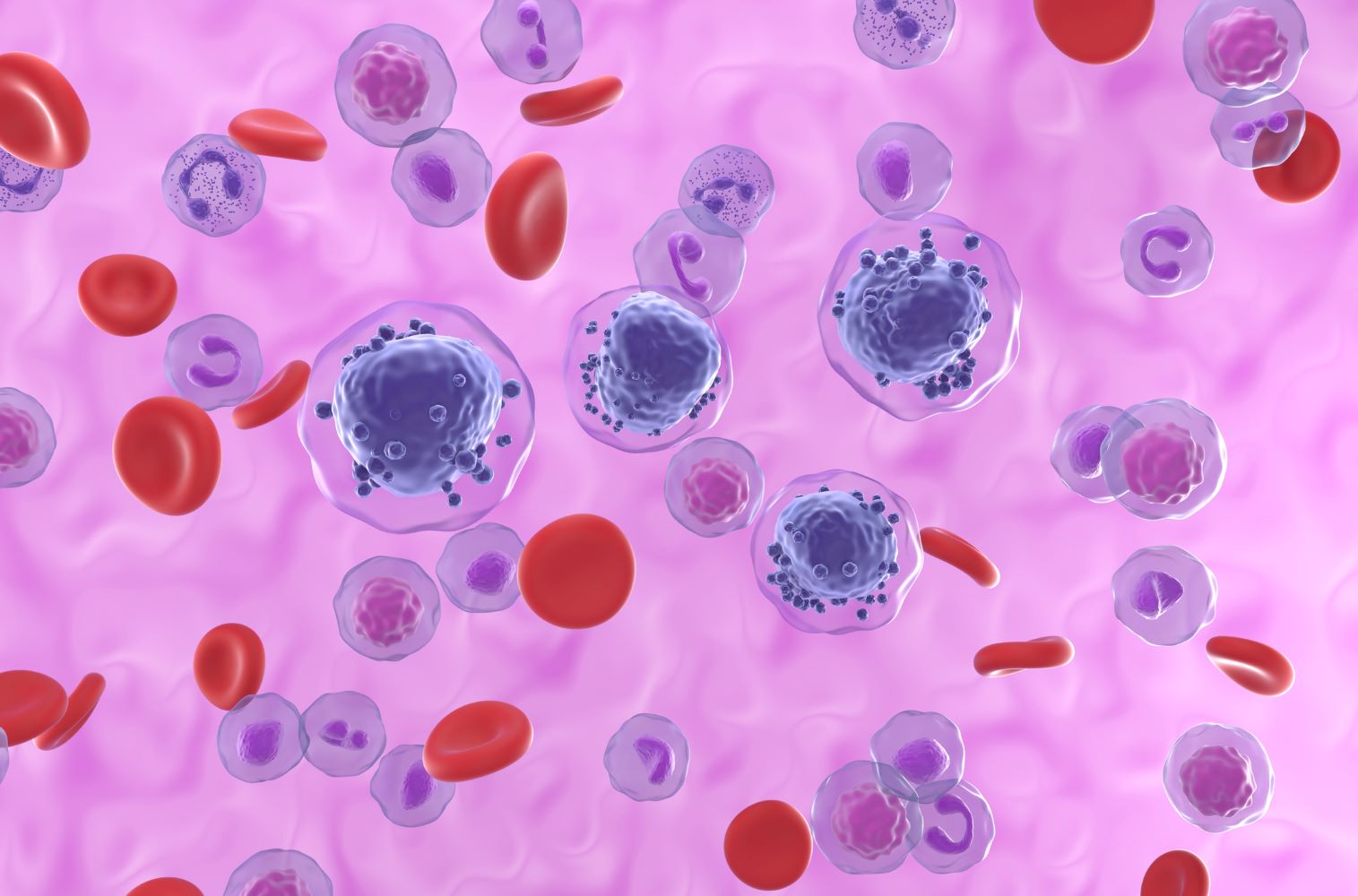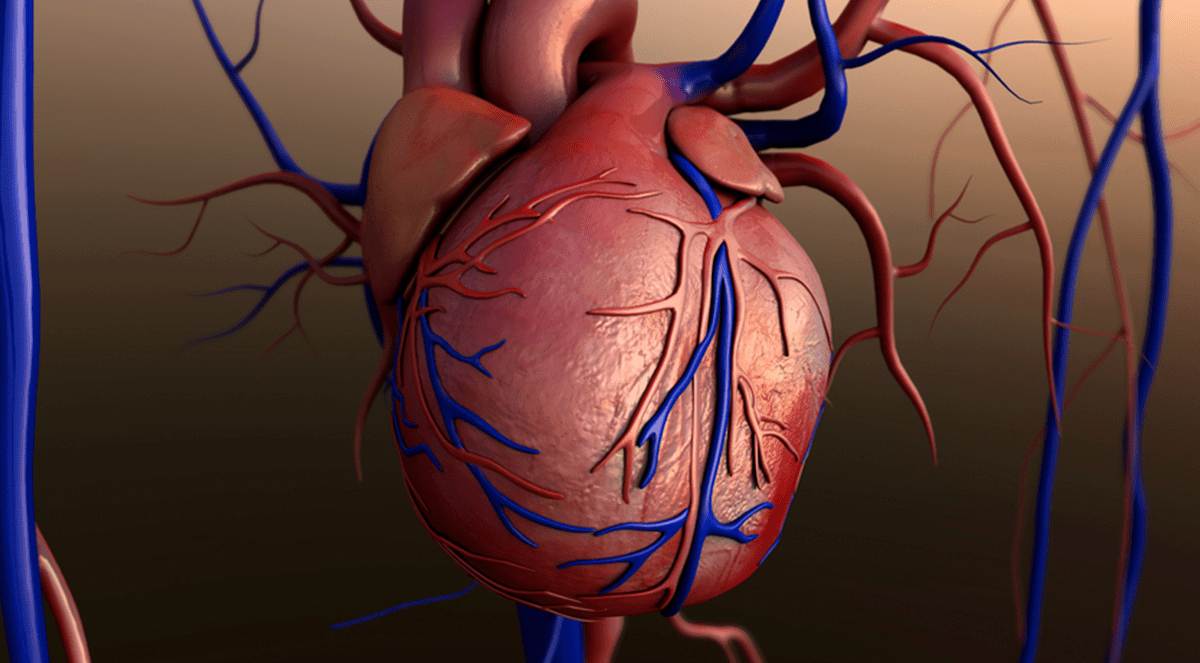Vascular endothelial function is challenged during cerebral ischemia and reperfusion. The endothelial responses are involved in inflammatory leukocyte attraction, adhesion and infiltration, blood-brain barrier leakage, and angiogenesis. This study investigated gene expression changes in brain endothelial cells after acute ischemic stroke using transcriptomics and translatomics. We isolated brain endothelial mRNA by: (i) translating ribosome affinity purification, enabling immunoprecipitation of brain endothelial ribosome-attached mRNA for translatome sequencing and (ii) isolating CD31 endothelial cells by fluorescence-activating cell sorting for classical transcriptomic analysis. Both techniques revealed similar pathways regulated by ischemia but they showed specific differences in some transcripts derived from non-endothelial cells. We defined a gene set characterizing the endothelial response to acute stroke (24h) by selecting the differentially expressed genes common to both techniques, thus corresponding with the translatome and minimizing non-endothelial mRNA contamination. Enriched pathways were related to inflammation and immunoregulation, angiogenesis, extracellular matrix, oxidative stress, and lipid trafficking and storage. We validated, by flow cytometry and immunofluorescence, the protein expression of several genes encoding cell surface proteins. The inflammatory response was associated with the endothelial upregulation of genes related to lipid storage functions and we identified lipid droplet biogenesis in the endothelial cells after ischemia. The study reports a robust translatomic signature of brain endothelial cells after acute stroke and identifies enrichment in novel pathways involved in membrane signaling and lipid storage. Altogether these results highlight the endothelial contribution to the inflammatory response, and identify novel molecules that could be targets to improve vascular function after ischemic stroke.© 2023. BioMed Central Ltd., part of Springer Nature.















